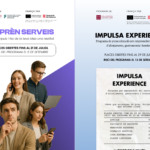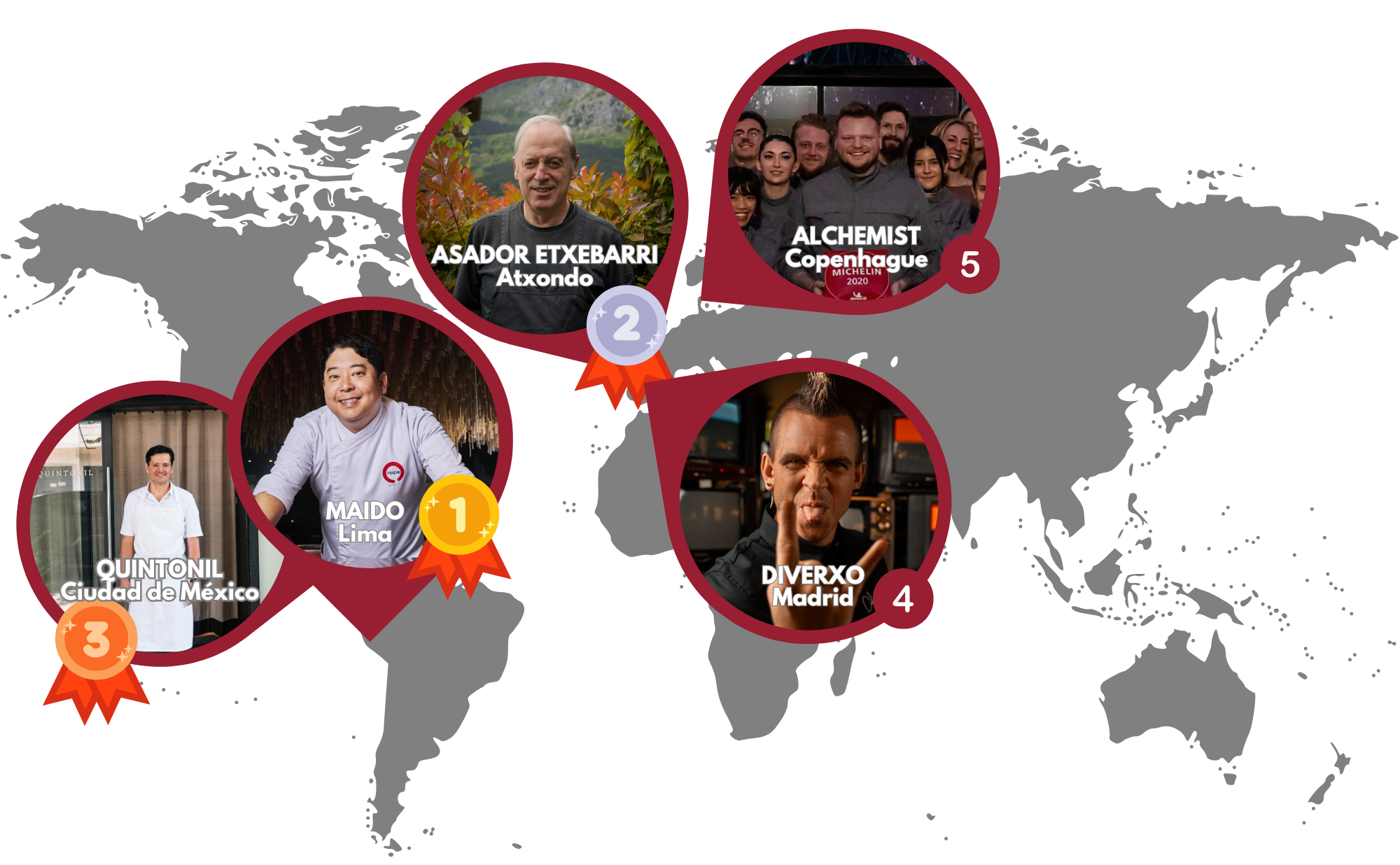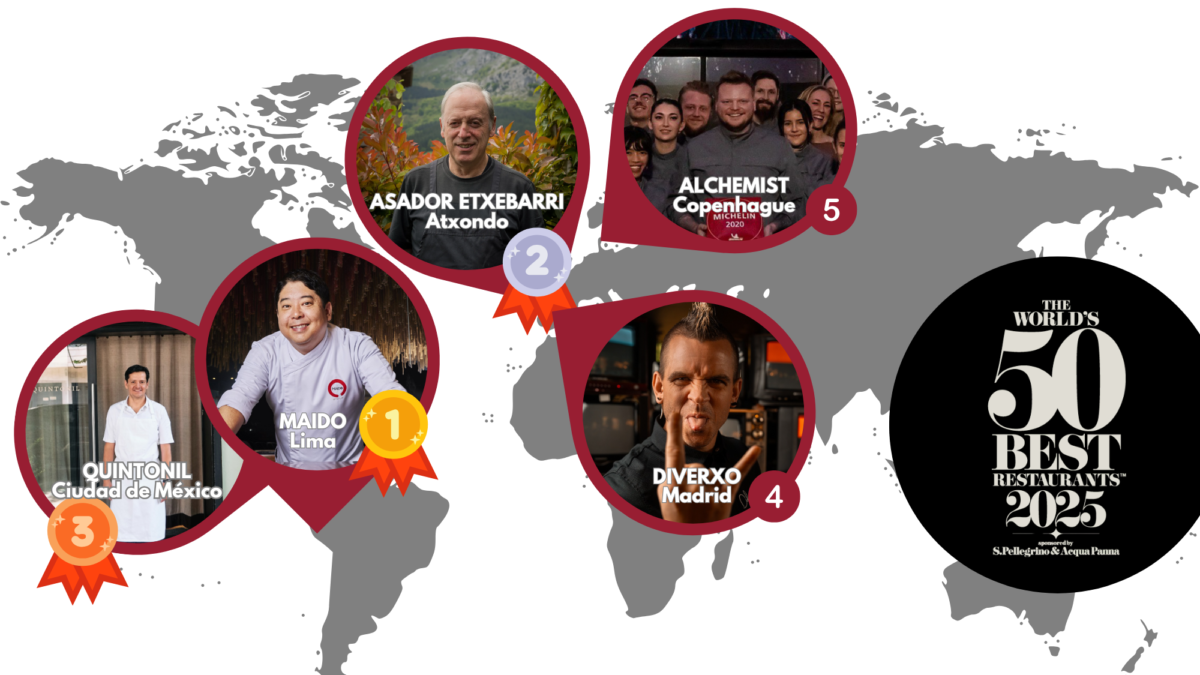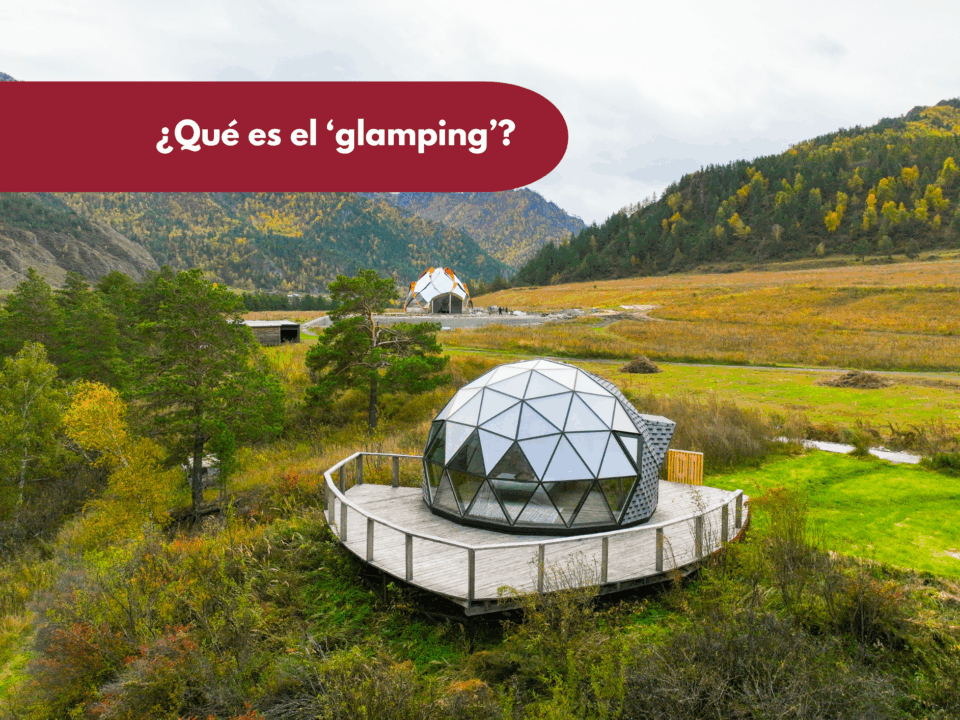
EUHT StPOL around the world: where do our students do their internships?
23 June, 2025
Two programes: two opportunities to boost your business idea
17 July, 2025The World's 50 Best Restaurants, the annual ranking of the best restaurants in the world, as well as new trends, outstanding culinary destinations and emerging chefs, has been published. This 23rd edition, the ceremony was held in the Italian city of Turin and was attended by more than 1,300 guests, including representatives of restaurants from all over the world and internationally renowned chefs.
The ranking belongs to the prestigious global brand of the hospitality sector that analyses the global panorama of the sector and annually produces the well-known and prestigious rankings of the best restaurants and hotels in the world. More than 1,000 international experts participate in the analysis, which once a year offers the ranking of the 50 best restaurants and also of the 50 best hotels and bars, among others. The restaurant ranking is the longest-running, having been published for the first time in 2002.
These are the world's leading restaurants
The ranking is led by the Peruvian restaurant Maido, by chef Mitsuharu Tsumura. Located in Lima, the restaurant has been in the top 15 since 2021, reaching the top position in 2024 and finally leading the ranking one year later. In second place, we find Asador Etxebarri, in Atxondo, Spain, which for the second year in a row renews its second position under the guidance of chef Bittor Arginzoniz. In third place, we move on to Mexico City, specifically to the restaurant Quintonil, run by chef Jorge Vallejo.
Another Spanish restaurant follows in the top 4, in this case DiverXO, the Madrid restaurant of chef Dabiz Muñoz, which since 2022 has fluctuated between third and fourth place in the ranking. And in fifth place is the well-known restaurant Alchemist, located in Copenhagen. As for the Spanish presence in the rest of the ranking, we have two more restaurants in the top 50: in 24th position we have Elkano, a restaurant located in Getaria, owned by chef Aitor Arregi; and in 34th position we find Enigma, owned by chef Albert Adrià, located in Barcelona.

1. Maido (Lima, Peru)
2. Etxebarri (Axpe, Spain)
3. Quintonil (Mexico City, Mexico)
4. DiverXO (Madrid, Spain)
5. Alchemist (Copenhagen, Denmark)
6. Gaggan (Bangkok, Thailand)
7. Sézanne (Tokyo, Japan)
8. Table by Bruno Verjus (Paris, France)
9. Kjolle (Lima, Peru)
10. Don Julio (Buenos Aires, Argentina)
11. Wing (Hong Kong, China)
12. Atomix (New York, United States)
13. Potong (Bangkok, Thailand)
14. Plénitude (Paris, France)
15. Ikoyi (London, United Kingdom)
16. Lido 84 (Gardone Riviera, Italy)
17. Sorn (Bangkok, Thailand)
18. Reale (Castel di Sangro, Italy)
19. The Chairman (Hong Kong, China)
20. Atelier Moessmer Norbert Niederkofler (Bruneck, Italy)
21. Narisawa (Tokyo, Japan)
22. Sühring (Bangkok, Thailand)
23. Boragó (Santiago, Chile)
24. Elkano (Getaria, Spain)
25. Odette (Singapore)
26. Mérito (Lima, Peru)
27. Trésind Studio (Dubai, United Arab Emirates)
28. Lasai (Rio de Janeiro, Brazil)
29. Mingles (Seoul, South Korea)
30. Le Du (Bangkok, Thailand)
31. Le Calandre (Rubano, Italy)
32. Piazza Duomo (Alba, Italy)
33. Steirereck (Vienna, Austria)
34. Enigma (Barcelona, Spain)
35. Nusara (Bangkok, Thailand)
36. Florilège (Tokyo, Japan)
37. Orfali Bros (Dubai, United Arab Emirates)
38. Frantzén (Stockholm, Sweden)
39. Mayta (Lima, Peru)
40. Septime (Paris, France)
41. Kadeau (Copenhagen, Denmark)
42. Belcanto (Lisbon, Portugal)
43. Uliassi (Senigallia, Italy)
44. La Cime (Osaka, Japan)
45. Arpège (Paris, France)
46. Rosetta (Mexico City, Mexico)
47. Vyn (Skyllinge, Sweden)
48. Celele (Cartagena, Colombia)
49. Kol (London, United Kingdom)
50. Jan (Munich, Germany)
The list extends to position 100, where several additional Spanish restaurants appear: Quique Dacosta, in Dénia, occupies position 65; Cocina Hermanos Torres, in Barcelona, is in position 78; Aponiente, located in El Puerto de Santa María, is in position 84; Txispa, in Atxondo, appears in position 85; and finally, Mugaritz, in Errenteria, is in position 87.
This is the world gastronomic panorama
The classification shows a large presence of some countries: Italy and Thailand at the top, each with 6 restaurants in the ranking; followed by Peru, Spain, Japan and France with 4 restaurants each.
There are some highlights of this 23rd edition: there are new entries, namely two from Thailand, with Potong in Bangkok coming straight in to rank 13th in the world.
If we look by region, Maido, apart from being the best restaurant in the world, also receives the award for best restaurant in Latin America. Asador Etxebarri receives the award for best restaurant in Europe and Gaggan, in Bangkok (Thailand) as the best restaurant in Asia. In addition, two restaurants have received two special awards: Wing, in Hong Kong received the award for hospitality; and Celele, in Cartagena (Colombia), the award for sustainability.
EUHT StPOL's presence among the world's leading restaurants
Once again, we have some well-known faces in the world ranking The World's 50 Best Restaurants. Several of our students are doing their internships in some of the restaurants on the list. Specifically, some of the restaurants on the list where our students are doing or have done their internships are: Cocina Hermanos Torres, Quique Dacosta, Asador Etxebarri, Enigma or also to Disfrutar, which was number 1 in 2024 and has now moved to the “Best of the Best” category.






